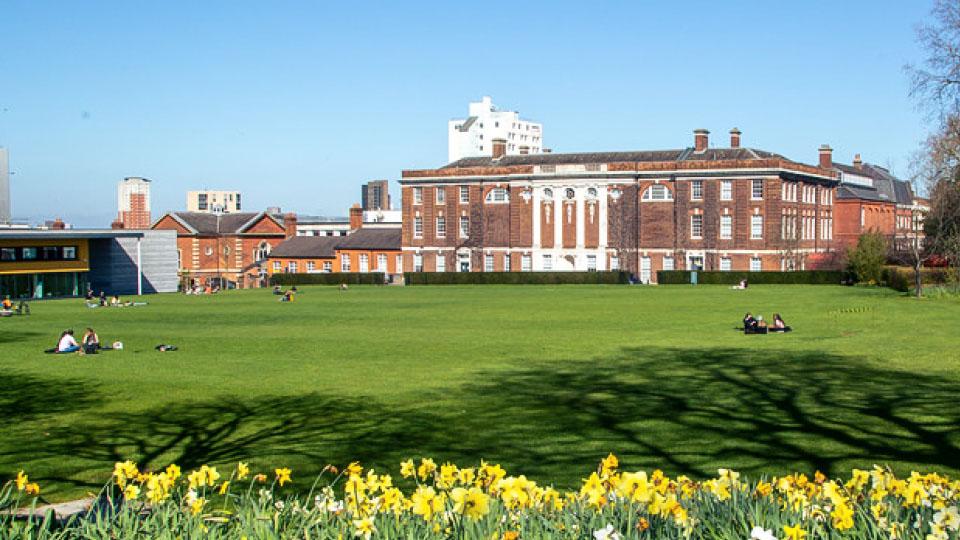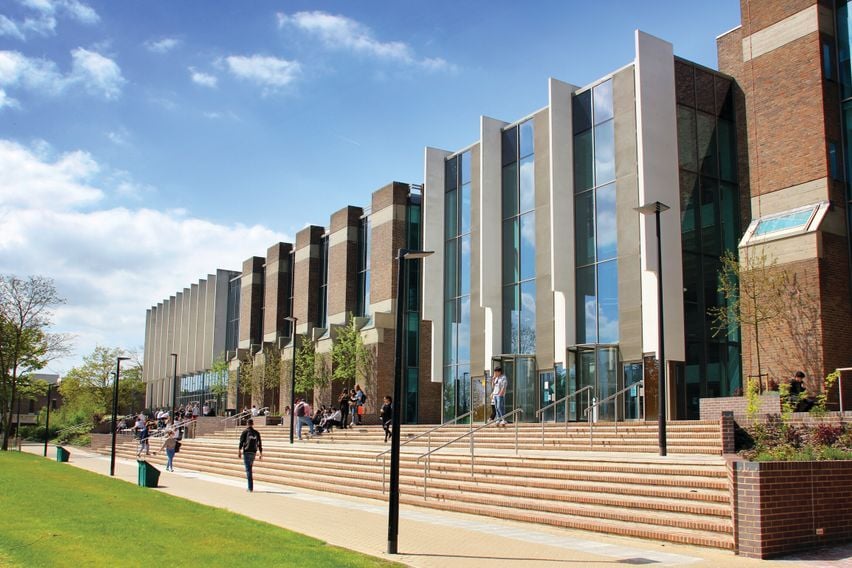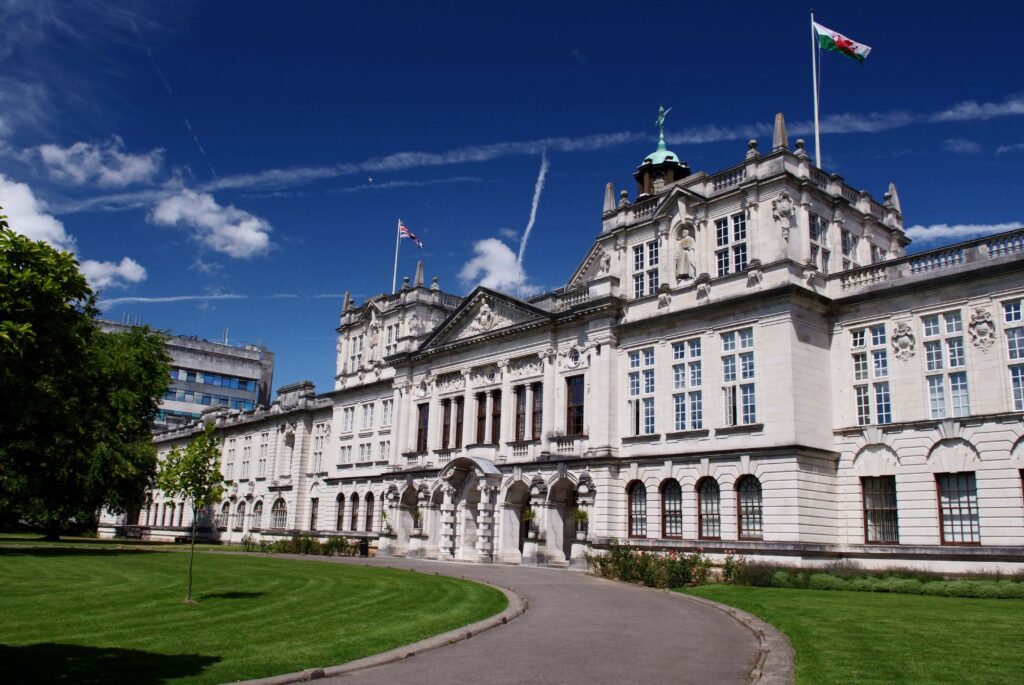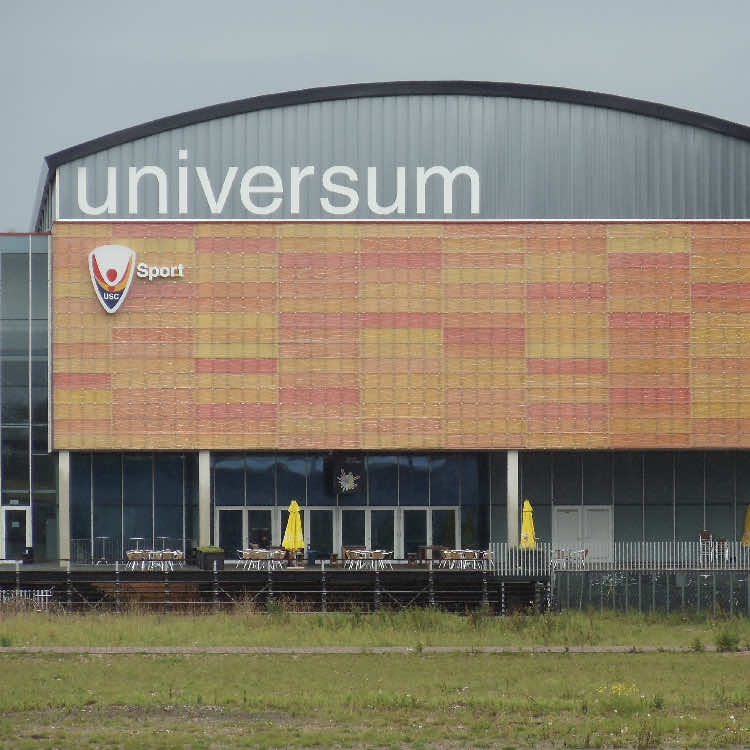All Sociology
At the most basic level, sociology is about how humans interact with other humans. So far, so simple…until you realize this covers about 90% of what is important to most people.Once you add in the complex web of cultural, economic, religious, political, and other factors that influence people’s social behavior, you get an enormously rich and inherently interdisciplinary field of study. Sociology majors spend a lot of time studying research methods, statistics, geography, political science, psychology, history, and existing theories of social behavior. Undergraduate students typically have a lot of latitude in terms of which electives can be incorporated into a sociology degree.In recent years (and especially in American as opposed to European universities), much greater emphasis is placed on the causes and antidotes to inequalities in society arising from race, gender, poverty, and other characteristics. Other possible areas of specialization include criminology, family relations, health and healthcare, social movements, migration, and sociological media studies.Another relatively new aspect of modern sociology courses is that data science plays a major role. Students can learn how to draw, format, and merge information from multiple sources in order to draw defensible conclusions. This is an extremely valuable skill not only in the field of sociology but in numerous other contexts.


















